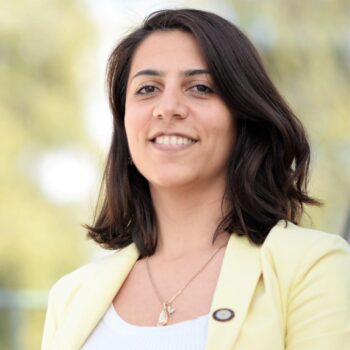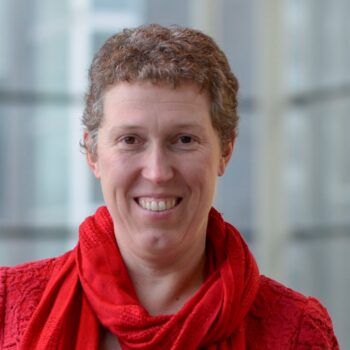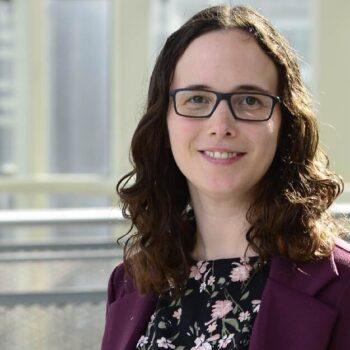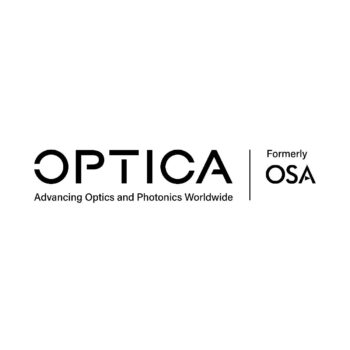Call for papers: strong B-PHOT presence on Optica 'Sensing Congress'

B-PHOT researcher Dr. Tatevik Chalyan will be a Committee Member of the topical meeting 'Applied Industrial Spectroscopy (AIS)' at the Optica Sensing Congress. The congress is a premier event in the field of optical sensors and sensing and will take place from 15 to 19 July 2024 in Toulouse, France.
With a strong presence in the congress, B-PHOT is set to be a key player in the program that will shape the future of optical sensing technologies. Prof. Heidi Ottevaere will be talking about Disease/Pathogen Detection as a tutorial speaker, Prof. Lien Smeesters is an invited speaker on Food Science (Safety, Quality, Origin).
By submitting a paper, you can contribute to the global conversation on optical sensing. You can share your research, your ideas, and your innovations with a wider audience. You can be part of the discussions that will shape the future of this exciting field, whether you're working in the development of new sensing technologies, the application of optical sensors in healthcare or environmental monitoring, or any other aspect of this field, your contributions are valuable.
Conference Papers can be submitted on the Optica website until March 12, 2024, so don't delay - share your research and be part of the conversation.
Applied Industrial Spectroscopy (AIS)
Applied Industrial Spectroscopy (AIS) explores the use of spectroscopy and spectral sensing to provide actionable information to industry. AIS is focused on optics and photonic solutions to current industrial challenges like climate change, environmental pollution, food safety and quality, precision farming, wastewater analysis and public health. Spectroscopic tools integral to solving these challenges include both established methods such as Raman, LIBS, FTIR, THz spectroscopy, UV-VIS-NIR-IR spectroscopy, and lidar as well as new, cutting-edge technologies in transition from development to industry. Research into the advancement of these tools in industrial settings is encouraged, including the bringing of new spectroscopic tools to market. The fusion of multiple methods with machine learning and advanced calibration methods is also of interest.




